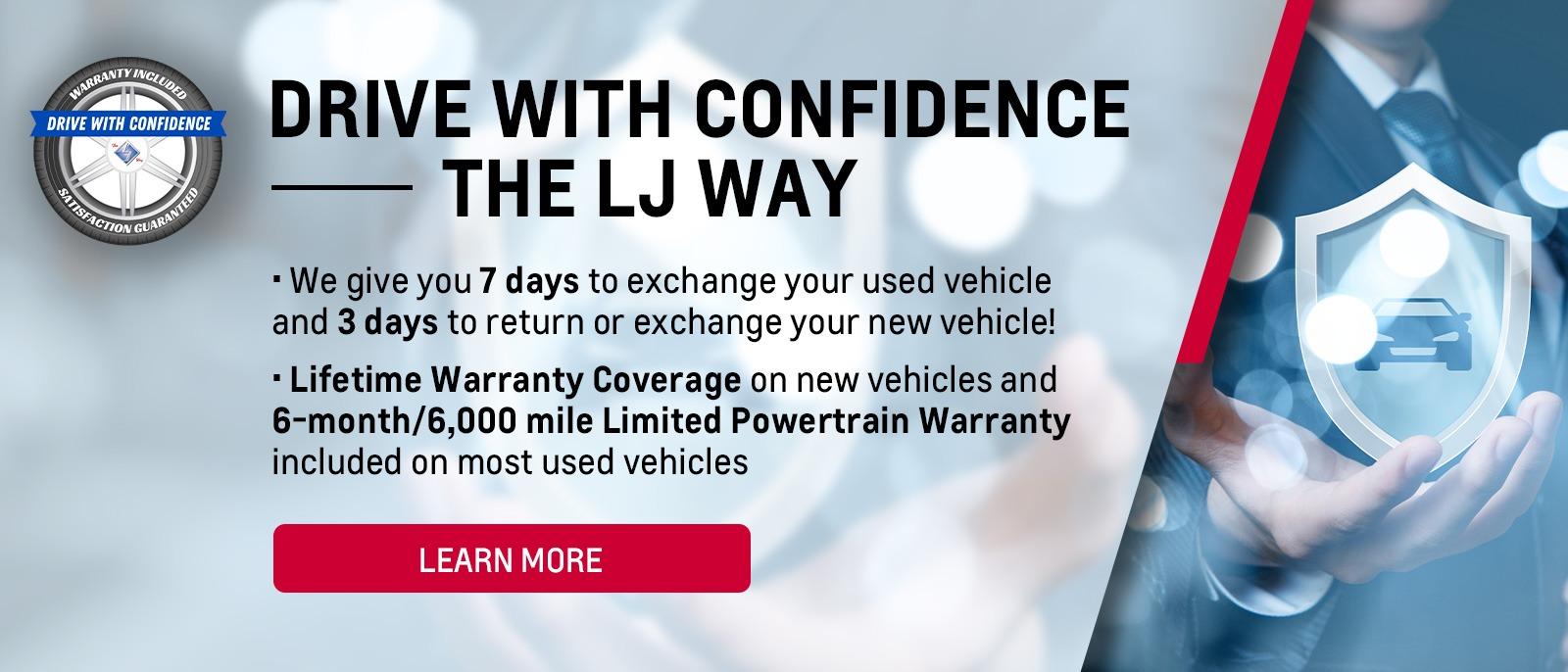
Box truck insurance provides coverage for commercial vehicles used for transporting goods. It is essential for protecting your business and complying with legal requirements.
As a business owner, investing in box truck insurance is crucial to safeguard your assets, mitigate financial risks, and ensure smooth business operations. It offers protection for your vehicle, cargo, and liability, providing financial security in case of accidents, theft, or damages.
Table of Contents
Moreover, having proper insurance coverage can enhance your business’s credibility and trustworthiness. When selecting box truck insurance, it’s important to assess your specific needs and find a policy that offers comprehensive coverage at an affordable price. In the competitive commercial transportation industry, having the right insurance can make a significant difference in your business’s success and longevity.
Understanding Box Truck Insurance
Understanding Box Truck Insurance is crucial for businesses that use box trucks for transporting goods. Box truck insurance provides coverage for physical damage, liability, and other risks unique to box truck operations. Knowing the basics and types of coverage available can help businesses make informed decisions when selecting the right insurance policy for their box trucks.
Basics Of Box Truck Insurance
Box truck insurance is designed to protect businesses from potential financial losses associated with operating box trucks. It typically includes different types of coverage that cater to the specific needs and risks of these vehicles.
Types Of Coverage
Box truck insurance policies offer various types of coverage to address the diverse risks associated with box truck operations. Depending on the needs of the business, some common types of coverage include:
- Liability Coverage
- Physical Damage Coverage
- Cargo Insurance
- Uninsured/Underinsured Motorist Coverage
- General Liability Insurance
Factors Affecting Box Truck Insurance Premiums
Factors such as the vehicle’s age, driving history, cargo type, and coverage limits can influence insurance premiums for box trucks. These variables impact the level of risk associated with the policy, ultimately determining the cost of coverage.
Factors Affecting Box Truck Insurance Premiums When it comes to insuring a box truck, several factors play a crucial role in determining the insurance premiums. Driving Record and Experience, Cargo Type and Value, as well as Coverage Limits and Deductibles, all impact the cost of box truck insurance. Understanding these factors can help business owners make informed decisions when purchasing insurance for their commercial vehicles.
Driving Record And Experience
A driver’s history greatly influences the insurance premium for a box truck. Drivers with a clean record and extensive experience typically qualify for lower premiums. On the other hand, tickets, accidents, or lack of experience can lead to higher insurance costs.
Cargo Type And Value
Diverse cargo types have varying levels of risk and value. Insurance premiums are affected by the type and value of the cargo being transported. High-value or high-risk cargo often results in higher premiums due to the increased potential for loss or damage.
Coverage Limits And Deductibles
The coverage limits and deductibles chosen for a box truck insurance policy directly influence the premium cost. Higher coverage limits and lower deductibles result in higher premiums, while lower coverage limits and higher deductibles lead to lower premium costs.
In addition to these factors, other considerations such as the location and distance of travel, as well as the safety and security features of the box truck, also impact insurance premiums. By understanding the various factors affecting box truck insurance premiums, businesses can make informed decisions to protect their assets and manage costs effectively.
Choosing The Right Box Truck Insurance
When it comes to protecting your box truck and your business, having the right insurance coverage is crucial. Box truck insurance provides financial protection in case of accidents, theft, property damage, or bodily injury. But with so many insurance companies and policies to choose from, how do you ensure you’re selecting the right one for your needs? Here are the key steps to take when choosing the right box truck insurance.
Researching Insurance Companies
Researching insurance companies is the first step in finding the right box truck insurance. You want to work with a reputable and reliable insurance provider that understands the unique needs of trucking businesses. Start by compiling a list of insurance companies that specialize in commercial truck insurance. Look for companies with positive customer reviews and ratings to ensure their credibility and customer satisfaction.
Once you have a list of potential insurance companies, delve deeper into their experience, financial stability, and reputation in the industry. Check if they have been in business for a significant period, as this indicates their expertise and ability to provide dependable coverage. Furthermore, verify their financial strength rating to ensure they have the necessary resources to pay out claims effectively.
Comparing Quotes
Comparing quotes from different insurance companies is an essential part of the selection process. Request quotes from several insurance providers to get a clear understanding of the coverage options and associated costs. The goal is to find the right balance between comprehensive coverage and affordability.
When comparing quotes, pay attention to the coverage limits, deductibles, and exclusions. A comprehensive policy that covers a wide range of risks is preferable, but make sure it fits within your budget. Additionally, consider any discounts or specialized coverage options that may be available to you, such as cargo insurance or roadside assistance.
Evaluating Policy Details
An in-depth evaluation of policy details is essential before making a final decision. Read through the policy documents carefully and understand the scope of coverage provided. Look for any limitations or exceptions that may impact your specific business operations.
Take note of the liability coverage, physical damage coverage, and cargo coverage offered in the policy. Liability coverage protects you against bodily injury or property damage caused by your truck, while physical damage coverage covers damages to your truck from accidents or other incidents. Cargo coverage, on the other hand, protects the goods you transport.
Make sure the policy aligns with your specific business needs, such as the size and weight of your box truck and the type of cargo you transport. Consider consulting an insurance professional if you need help understanding certain policy terms or determining the right amount of coverage for your unique circumstances.
| Researching Insurance Companies | Comparing Quotes | Evaluating Policy Details |
|---|---|---|
| Compile a list of reputable commercial truck insurance providers | Request quotes from multiple insurance companies | Read and understand policy documents before deciding |
| Verify their experience, financial stability, and customer satisfaction | Compare coverage limits, deductibles, and exclusions | Look for liability, physical damage, and cargo coverage |
| Check customer reviews and ratings to determine their credibility | Consider any available discounts or specialized coverage options | Ensure the policy aligns with your specific business needs |
By following these steps and conducting thorough research, you can confidently choose the right box truck insurance that provides optimal protection for your valuable assets and keeps your business running smoothly.

Credit: www.barclayscorporate.com
Tips For Lowering Box Truck Insurance Costs
Lower the cost of your box truck insurance with these helpful tips. Consolidate policies, maintain a good driving record, opt for a higher deductible, and prioritize safety measures to reduce risks. By implementing these strategies, you can effectively save on box truck insurance without compromising on coverage.
When it comes to owning and operating a box truck, one of the major expenses to consider is insurance. Box truck insurance can be costly, but there are steps you can take to help lower your insurance costs. In this blog post, we will discuss some practical tips for minimizing your box truck insurance premiums.
Improving Safety Measures
Ensuring the safety of your box truck operations is one of the most effective ways to lower insurance costs. Insurance companies typically offer discounts to businesses that prioritize safety. By implementing the following safety measures, you can potentially reduce your premiums:
- Conduct regular vehicle maintenance to ensure all components are in proper working order.
- Enforce strict driver safety policies, including mandatory seatbelt usage and zero tolerance for distracted driving.
- Install safety features such as GPS tracking devices and backup cameras to prevent accidents and theft.
Optimizing Routes And Maintenance
Efficient route planning and proper vehicle maintenance not only save you time and money but also contribute to lower insurance costs. Insurance providers consider well-maintained and properly-managed fleets less of a risk, resulting in potential discounts. Consider the following strategies to optimize your routes and maintenance:
- Use GPS technology to plan the most fuel-efficient routes, minimizing unnecessary mileage.
- Regularly inspect and maintain your box trucks to identify and address any potential mechanical issues.
- Implement a preventive maintenance program to keep your fleet running smoothly and reduce the risk of breakdowns.
Implementing Driver Training Programs
Investing in driver training programs can significantly lower your box truck insurance costs. Well-trained drivers are less likely to be involved in accidents, leading to fewer claims and potentially lower premiums. Here’s how you can establish an effective driver training program:
- Teach defensive driving techniques that help drivers anticipate and avoid potential hazards on the road.
- Provide regular training on various safety protocols, such as conducting pre-trip inspections and handling adverse weather conditions.
- Reward drivers who have accident-free records as an incentive for maintaining safe driving practices.
Box Truck Insurance Claim Process
Dealing with an insurance claim can be a stressful and time-consuming process. When it comes to box truck insurance, understanding the claim process can help you navigate through the necessary steps and ensure a smoother experience. This blog post will guide you through each stage of the box truck insurance claim process, providing you with valuable information and tips for a successful claim.
Contacting The Insurance Company
At the first sign of damage or loss to your box truck, it is essential to contact your insurance company as soon as possible. This prompt action can help expedite the claim process. To initiate the claim, navigate to your insurance company’s website or call their customer service hotline. Provide them with all the essential details regarding the incident, including:
- Date and time of the incident
- Location of the incident
- Description of the damage or loss
- Policy number and other relevant policy details
The insurance representative will guide you through the next steps and provide you with any additional information or documentation required to proceed with the claim.
Documentation And Information Required
When filing a box truck insurance claim, accurate documentation is vital for a smooth and successful process. The following documents and information are commonly required:
- Police report (if applicable)
- Accident/incident description and details
- Photographs or videos of the damage
- Driver’s license and contact information
- Box truck registration and ownership documents
- Witness statements (if available)
- Any other relevant supporting documentation
Ensure that all the information and documentation gathered is complete and accurate to avoid any delays or complications during the claims process.
Evaluating The Loss And Compensation
After filing a box truck insurance claim, the insurance company will evaluate the loss or damage to determine the appropriate compensation. An adjuster will be assigned to your case, who will conduct an investigation and assess the extent of the damage. The adjuster may require additional documentation, such as repair estimates or expert opinions, to make an accurate evaluation.
Once the evaluation is complete, the insurance company will provide you with a settlement offer. This offer will include the compensation amount for the damage or loss, taking into account your policy coverage and deductibles. You have the right to review the offer and negotiate if you believe it does not adequately reflect your damages.
If an agreement is reached, the insurance company will proceed with issuing the payment. In the case of repairs, they may allow you to choose an authorized repair shop or offer their own recommended options. Always ensure that the repairs are carried out by qualified professionals using genuine parts to maintain the value and safety of your box truck.
Conclusion
Understanding the box truck insurance claim process can help you navigate through an unfortunate incident more confidently. Remember to act promptly, provide accurate documentation, and review the settlement offer carefully. By following these steps, you can ensure a smoother and more favorable experience when dealing with a box truck insurance claim.

Credit: www.speedwaychevrolet.com
Frequently Asked Questions Of Box Truck Insurance
What Is Box Truck Insurance?
Box truck insurance is a type of commercial auto insurance that provides coverage specifically for box trucks used for business purposes. It helps protect against risks such as accidents, theft, and damage to the truck or cargo.
What Does Box Truck Insurance Cover?
Box truck insurance typically covers liability for bodily injury and property damage, as well as collision coverage for damage to the truck. It may also include comprehensive coverage for theft, fire, or vandalism, and cargo coverage for damage to goods being transported.
How Much Does Box Truck Insurance Cost?
The cost of box truck insurance varies depending on factors such as the value of the truck, the driver’s age and driving record, and the coverage limits. On average, box truck insurance can range from $1,000 to $5,000 per year, but it’s best to get a personalized quote from an insurance provider.
Is Box Truck Insurance Required By Law?
In most states, box truck insurance is required by law if the vehicle is used for commercial purposes. Even if it’s not required, it’s highly recommended to have insurance coverage to protect your business from potential financial losses in case of accidents or damage.
Conclusion
Obtaining box truck insurance is a crucial step for businesses operating in the transportation industry. By protecting your assets and liability, you can ensure that your business stays financially secure and can continue to provide exceptional services to your customers.
While the cost may seem burdensome, the peace of mind and protection it offers outweighs the potential risks. Stay proactive and informed about your insurance options to safeguard your business and its future success.






